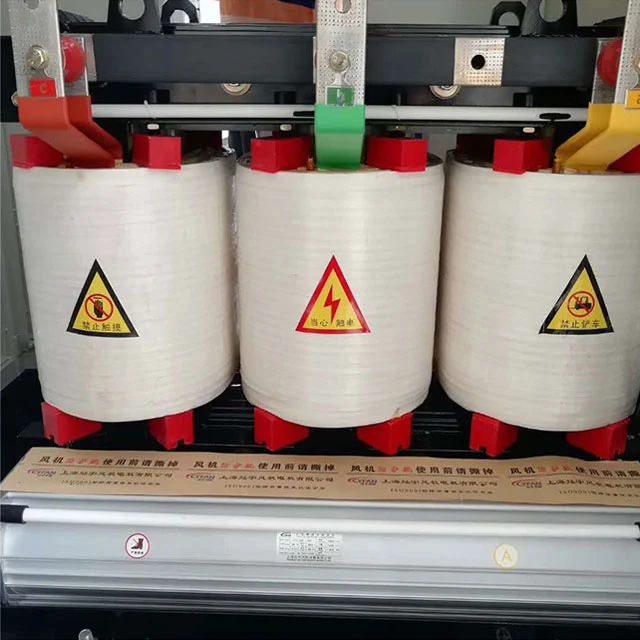Dry Transformers: The Backbone of Modern Power Distribution
2025-01-10
In the world of power distribution, dry transformers have emerged as a reliable and efficient solution. Unlike oil-filled transformers, these systems use air or other non-liquid mediums for cooling, making them safer and environmentally friendly. Here’s an overview of why dry transformers are an essential component in today’s energy landscape.

1. What is a Dry Transformer?
A dry transformer is a type of transformer that relies on air or cast resin for cooling instead of oil. Key characteristics include:
- Safety: No risk of oil leaks or fire hazards.
- Eco-Friendly: Non-toxic and recyclable materials.
- Low Maintenance: Reduced upkeep compared to oil-filled alternatives.
2. Advantages of Dry Transformers
- Enhanced Safety: Ideal for indoor and densely populated areas.
- Eco-Friendly Design: No oil disposal concerns.
- Durability: Withstands harsh environmental conditions like humidity and temperature extremes.
- Compact and Lightweight: Easy to install in limited spaces.
3. Applications of Dry Transformers
Dry transformers are widely used across various industries and sectors, including:
- Commercial Buildings: For reliable power distribution in offices and malls.
- Renewable Energy: Integrating with solar and wind power systems.
- Industrial Facilities: Supporting machinery and equipment operations.
- Healthcare: Ensuring uninterrupted power for hospitals and labs.
4. Energy Efficiency
Dry transformers are designed to minimize energy losses. Their high efficiency translates to:
- Reduced energy costs.
- Lower carbon emissions.
- Improved operational performance.
Conclusion
Dry transformers combine safety, efficiency, and sustainability, making them an excellent choice for modern power distribution needs. Whether for industrial or commercial use, they provide a dependable solution for energy management.


